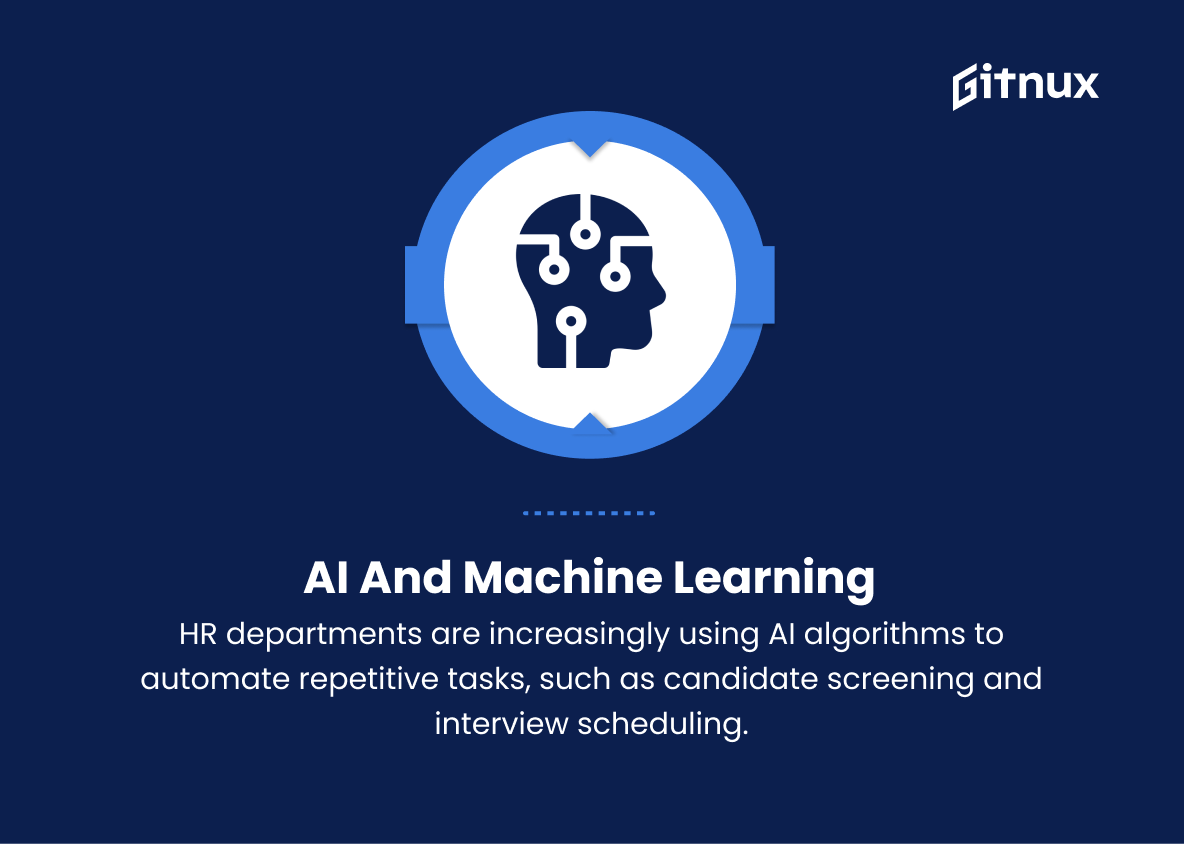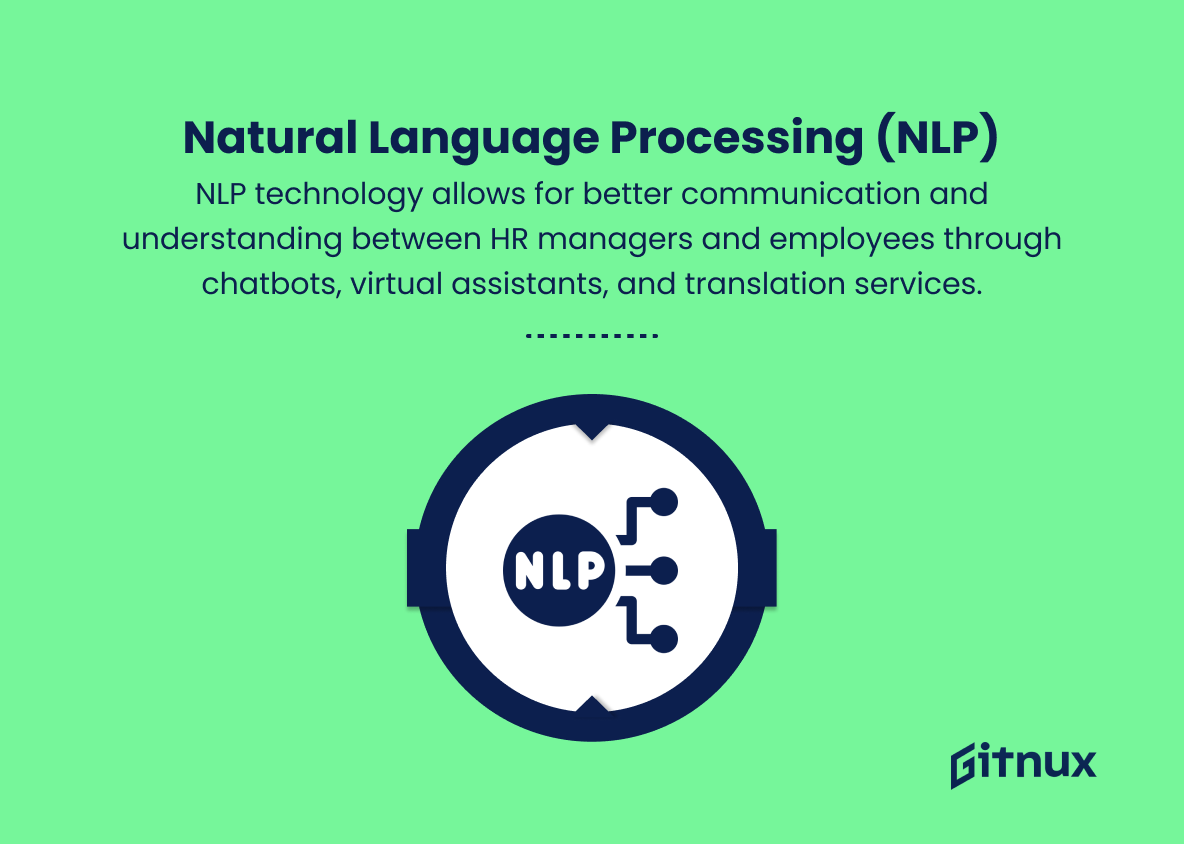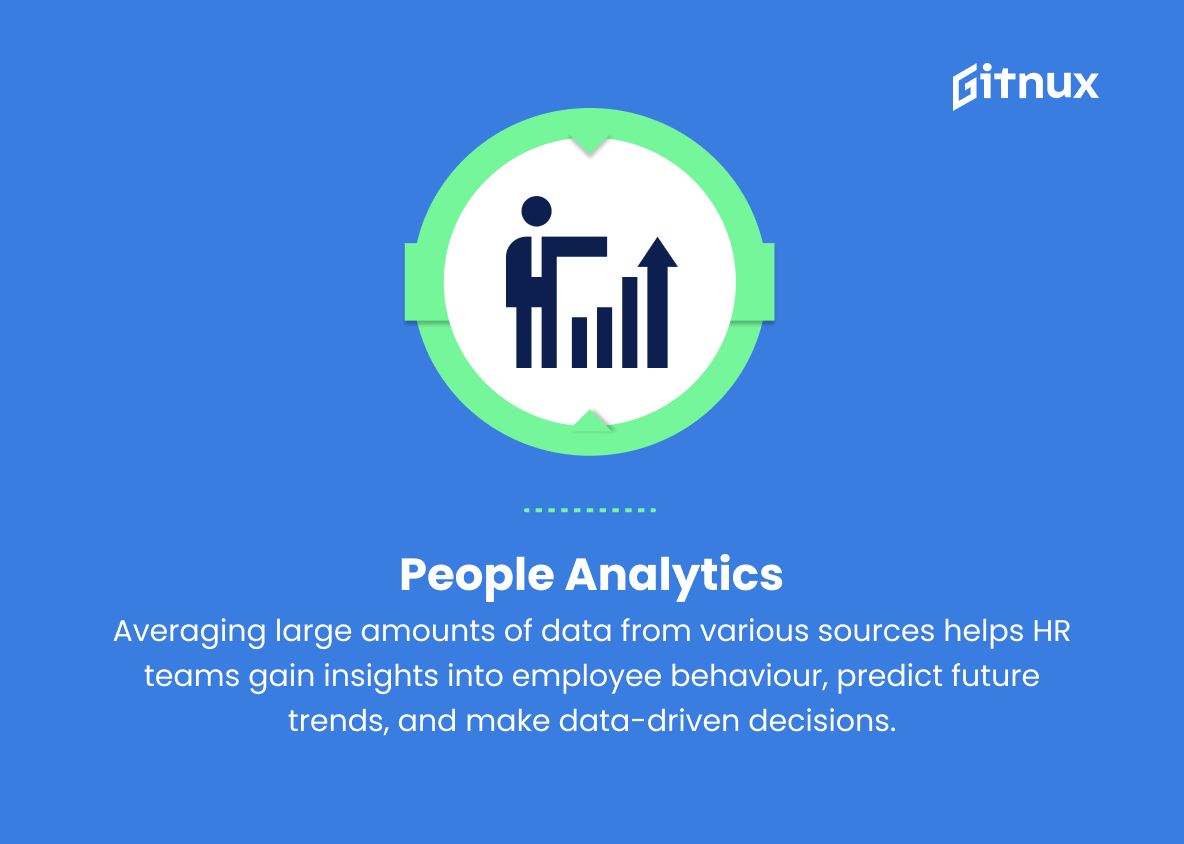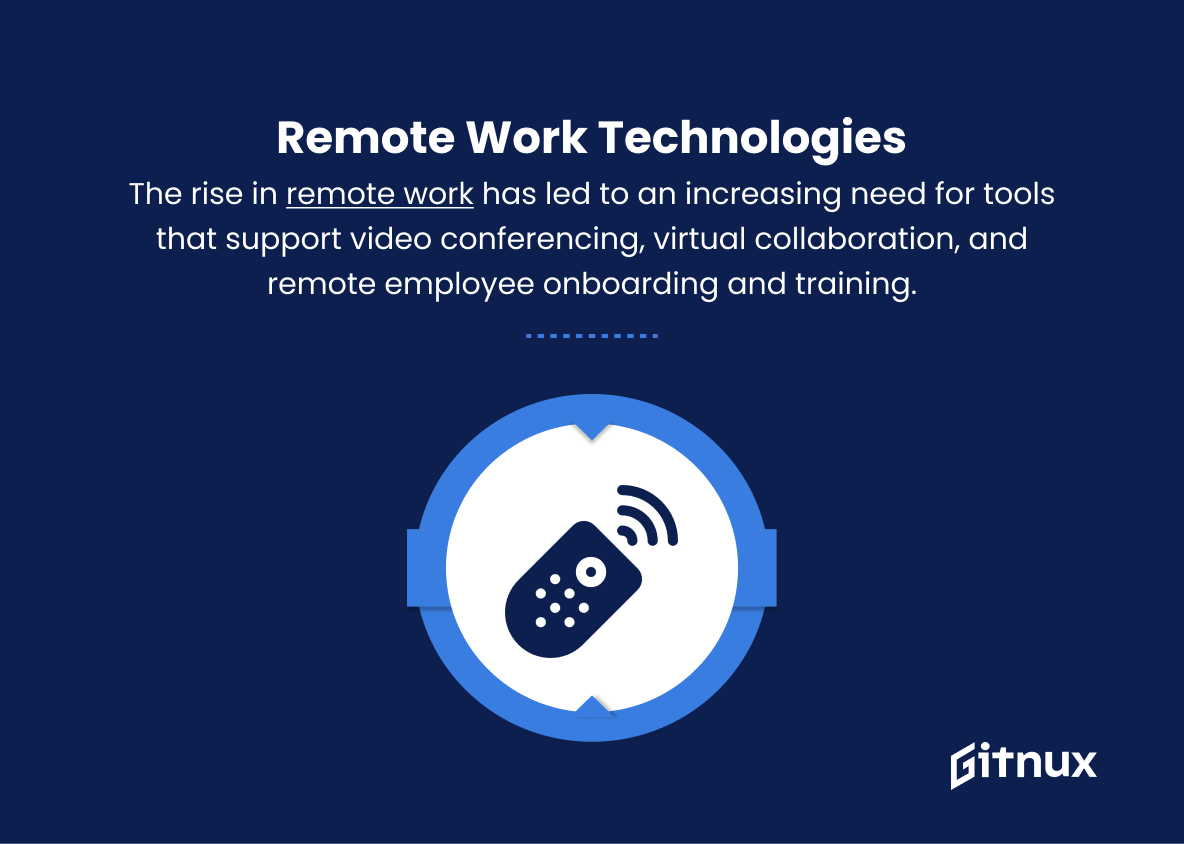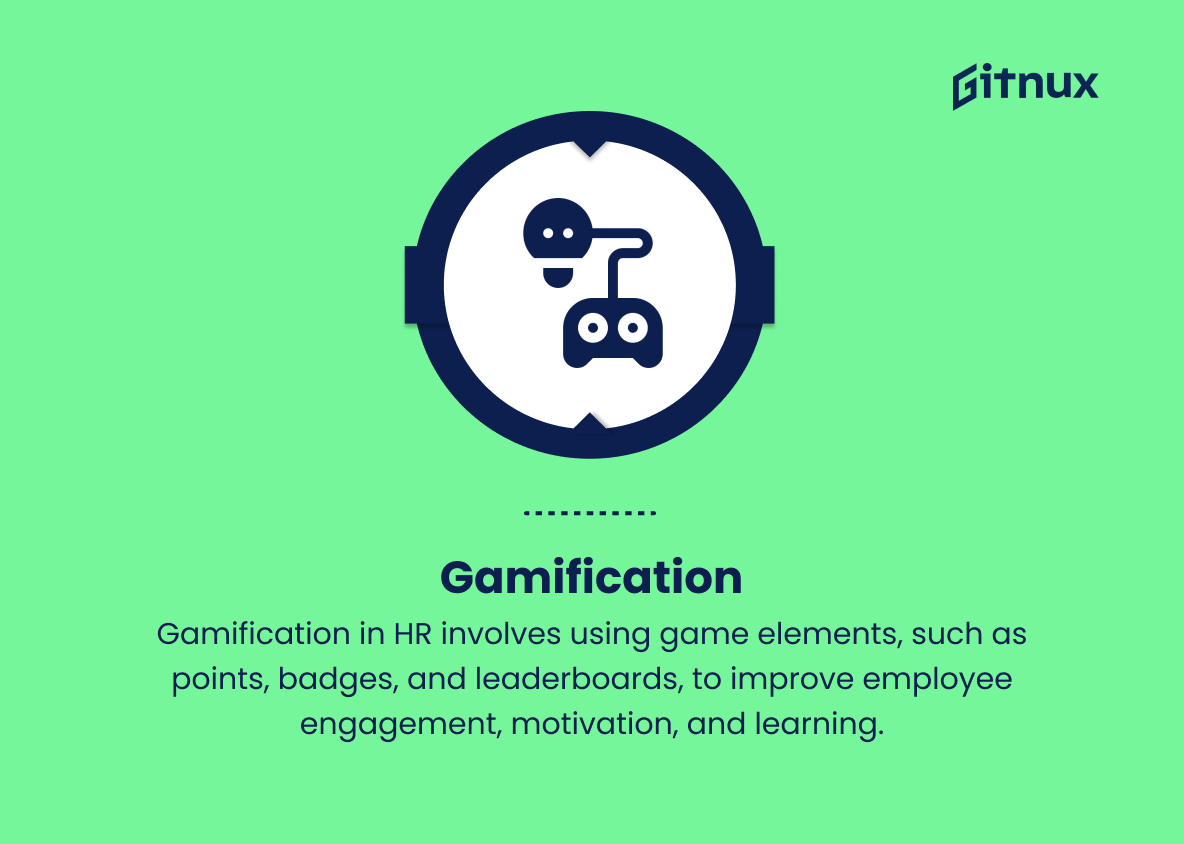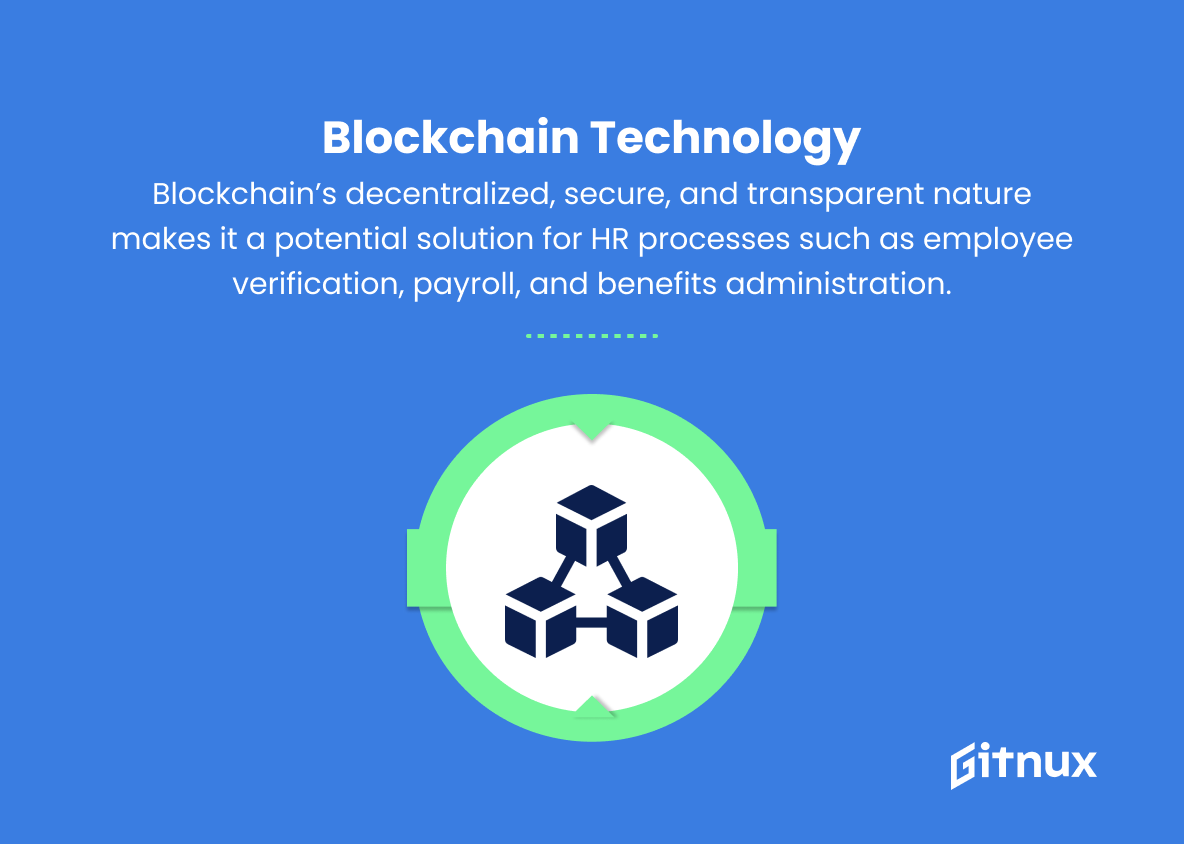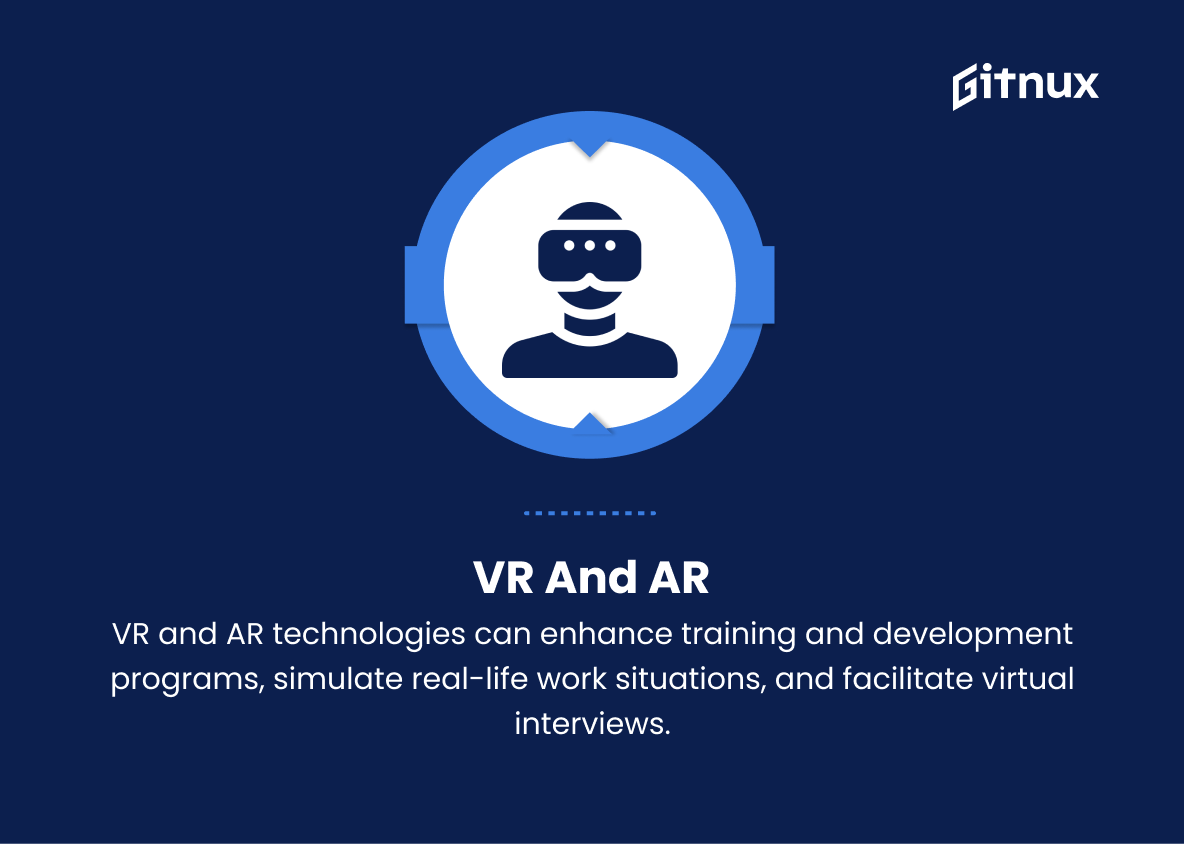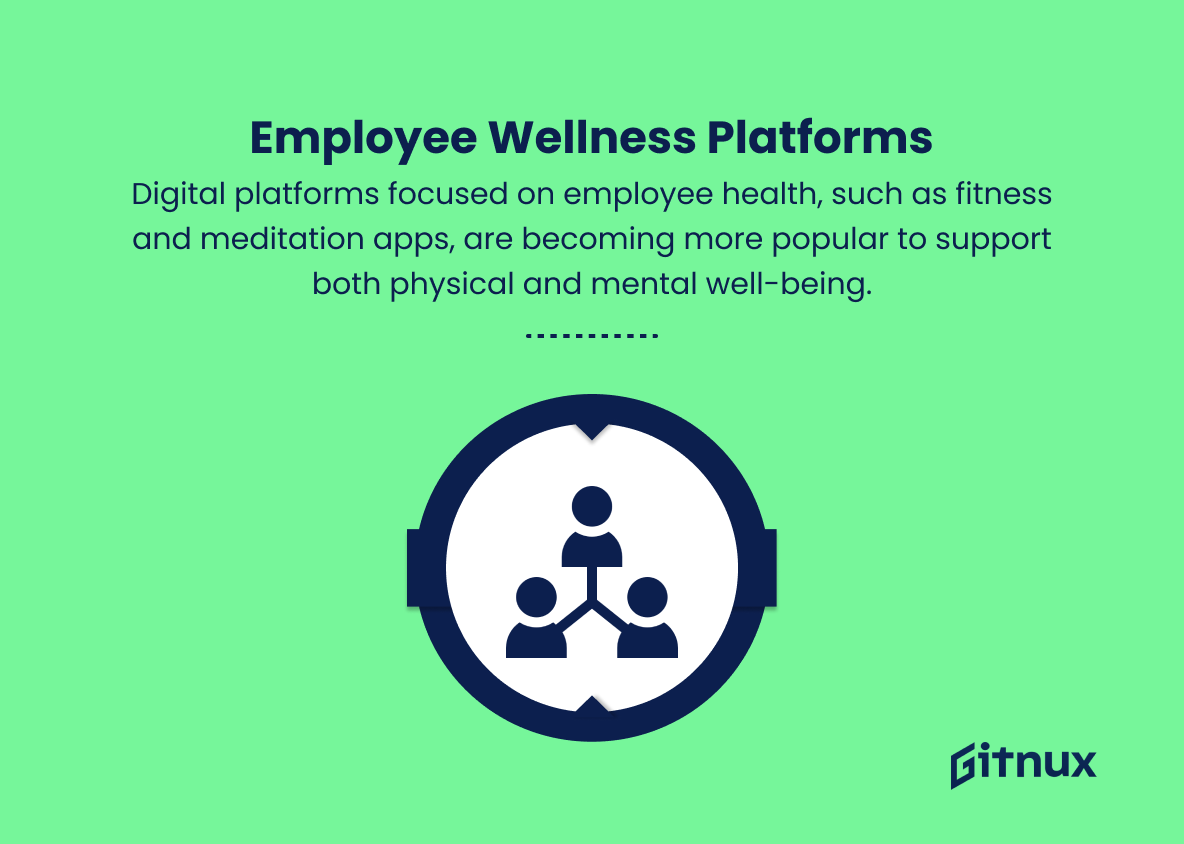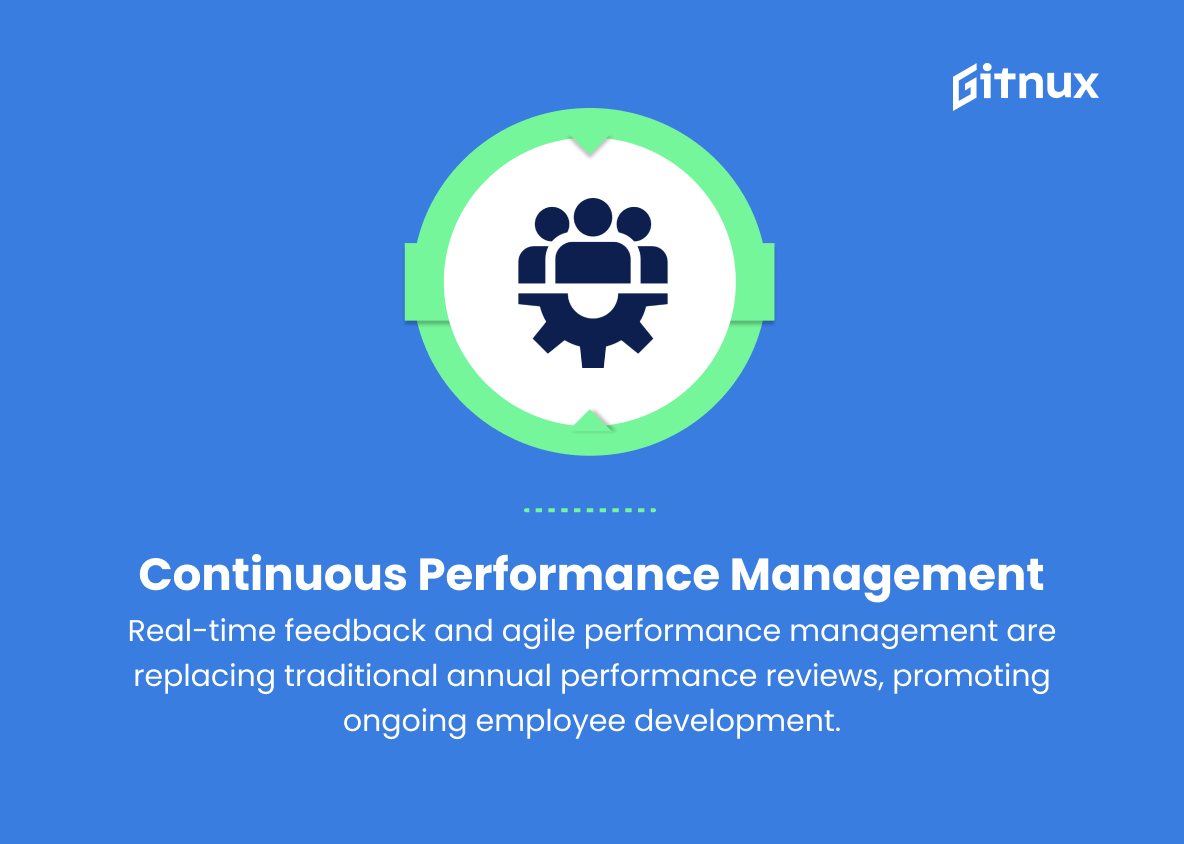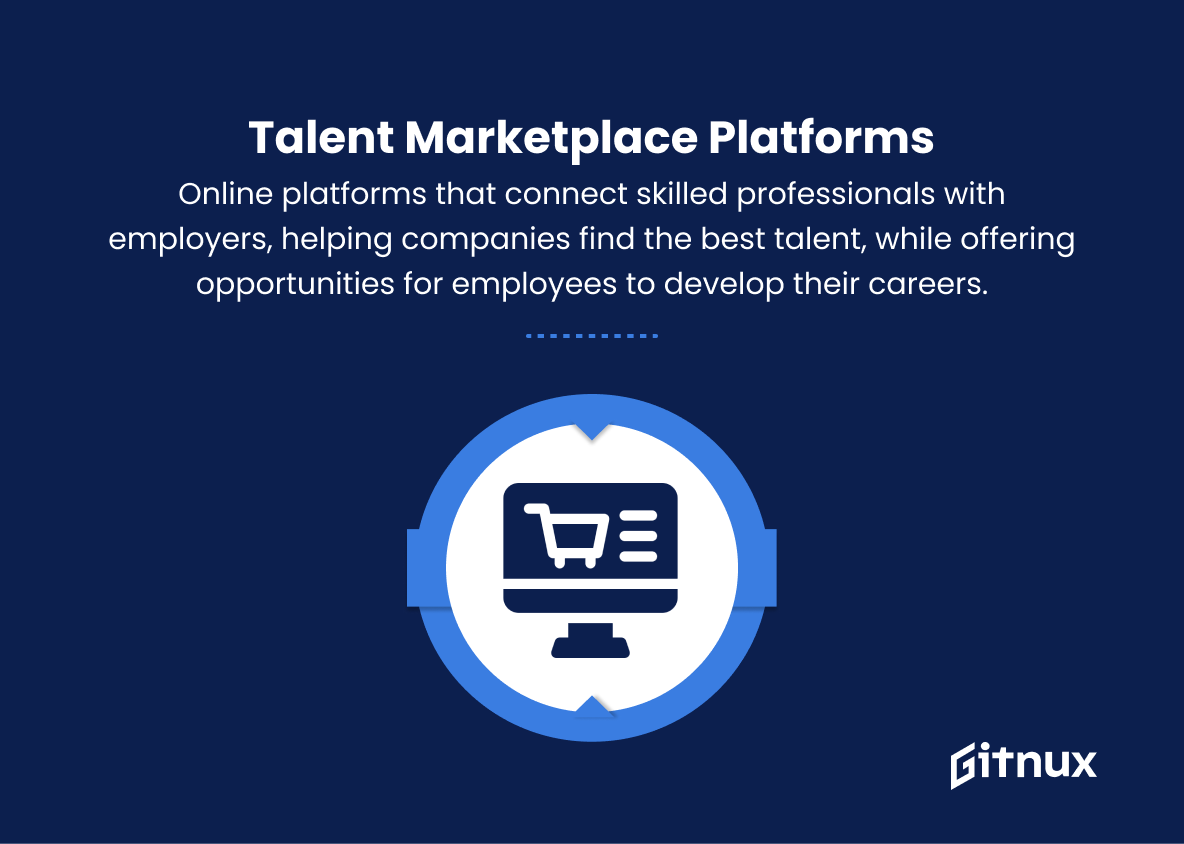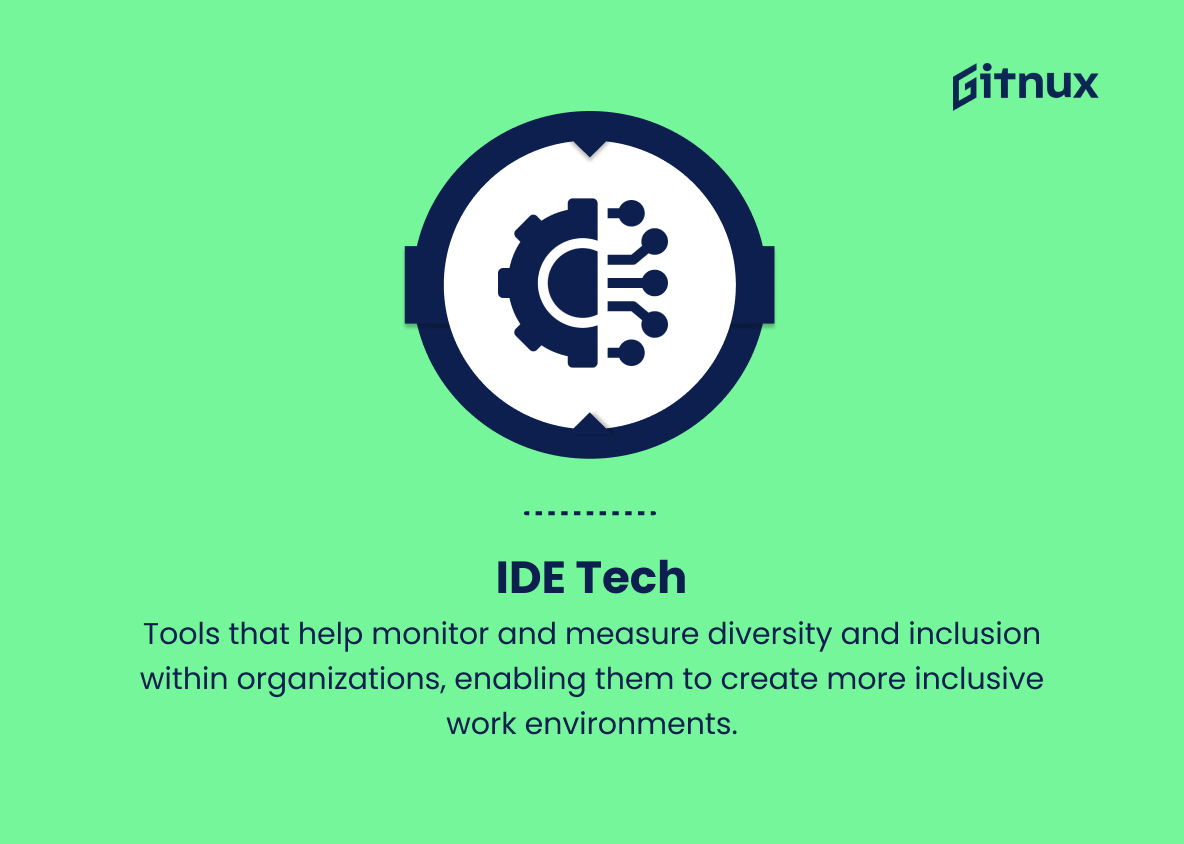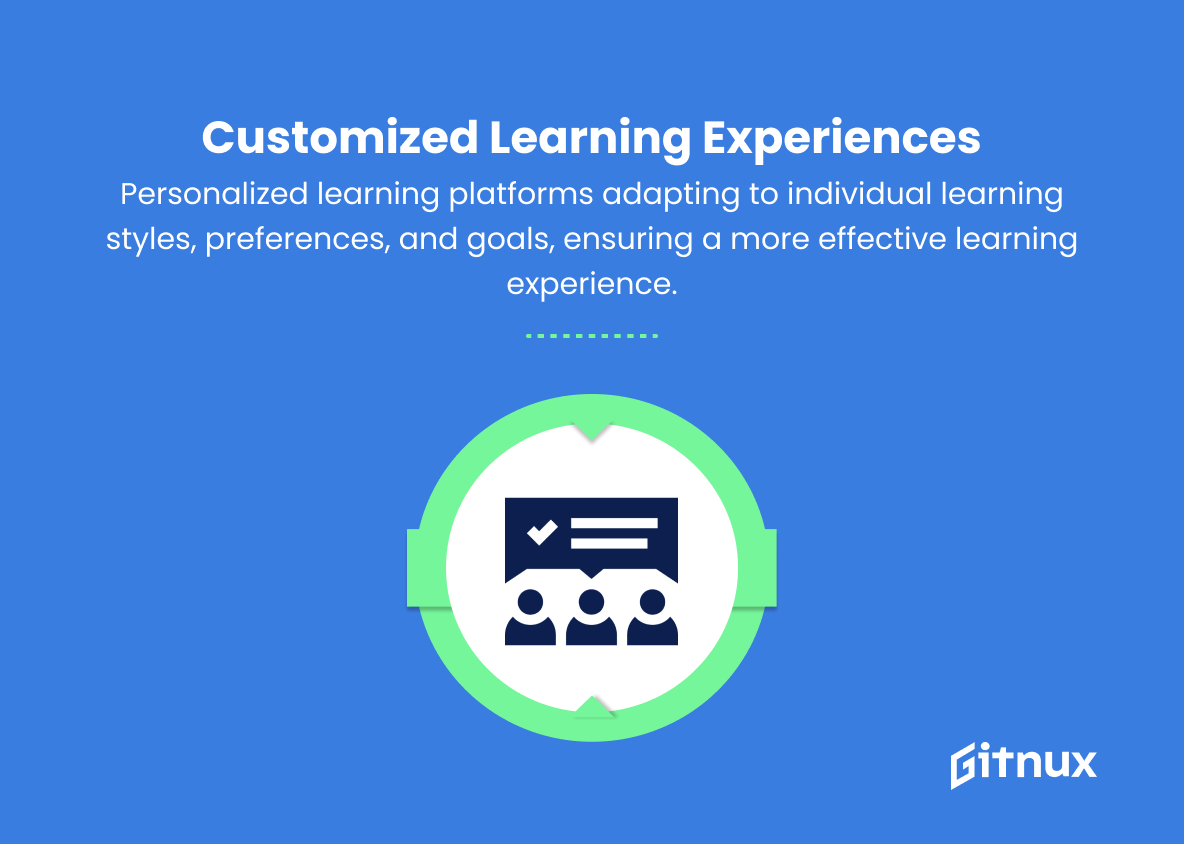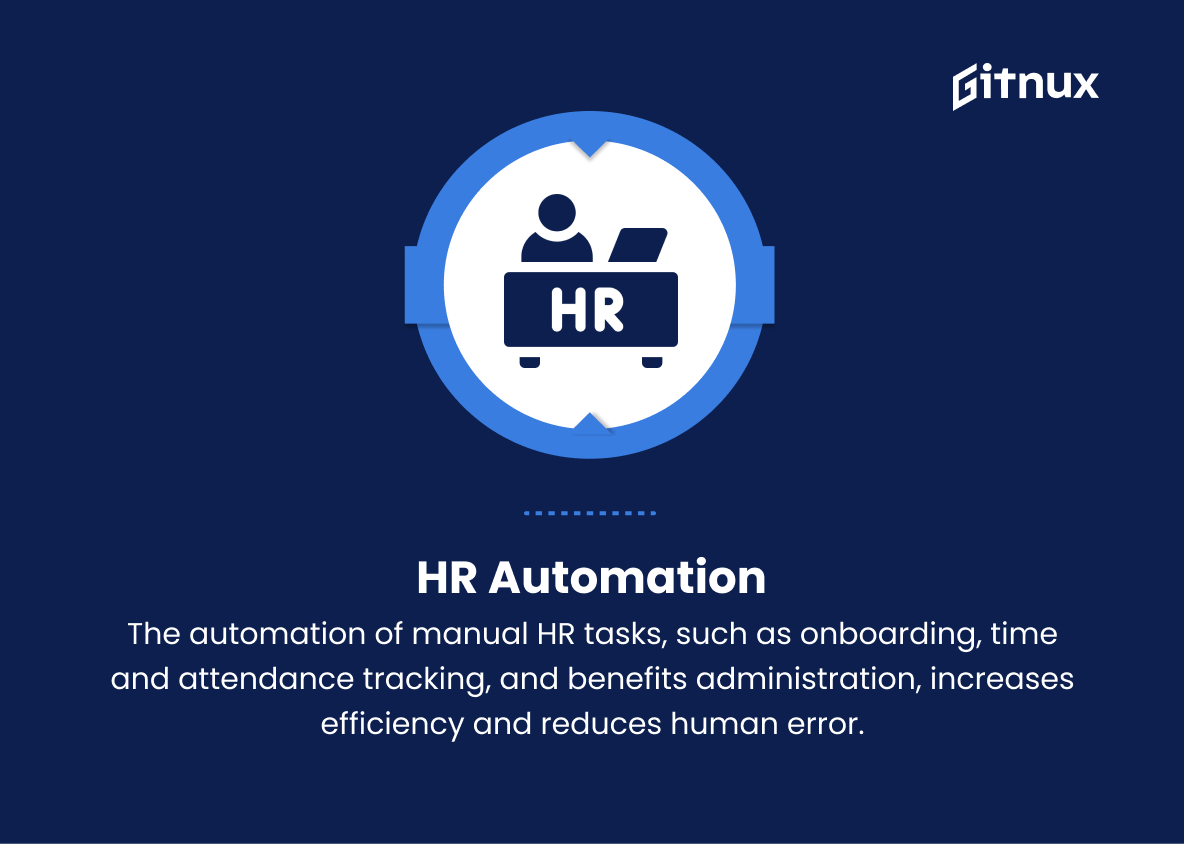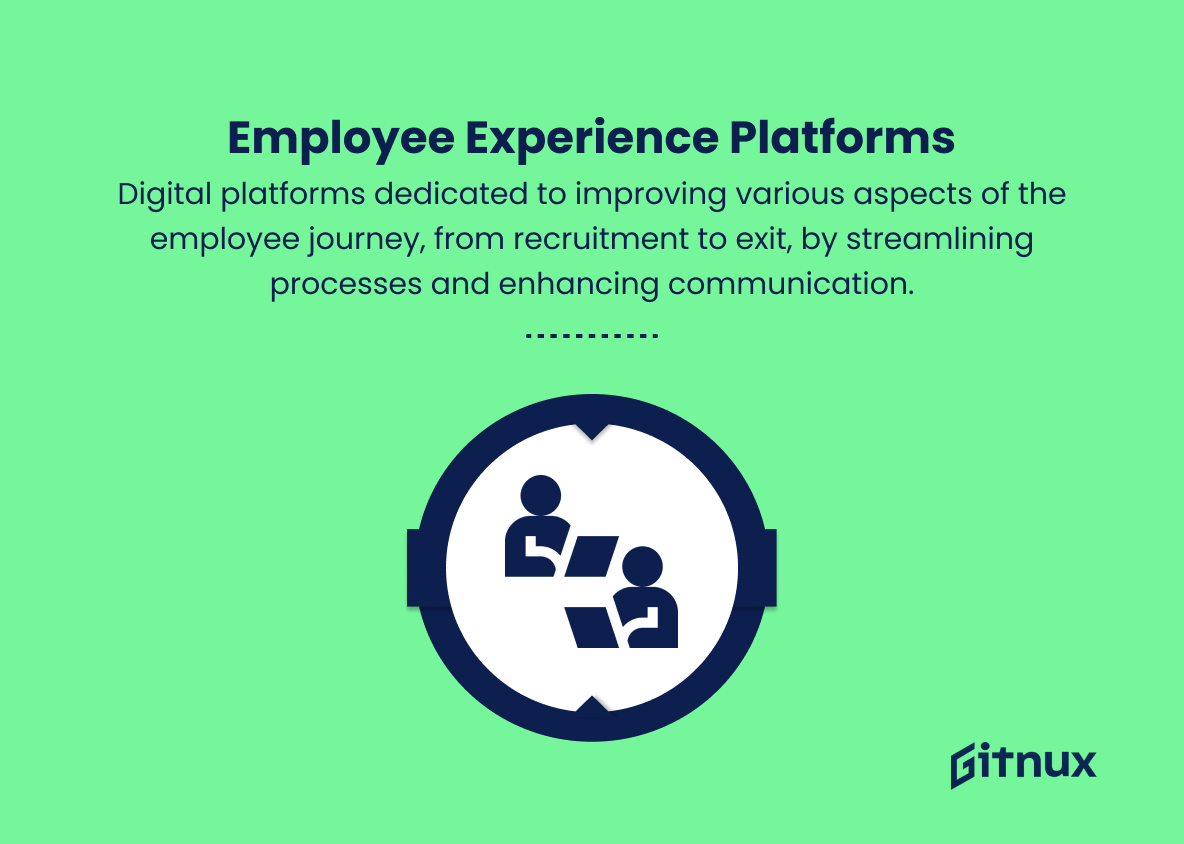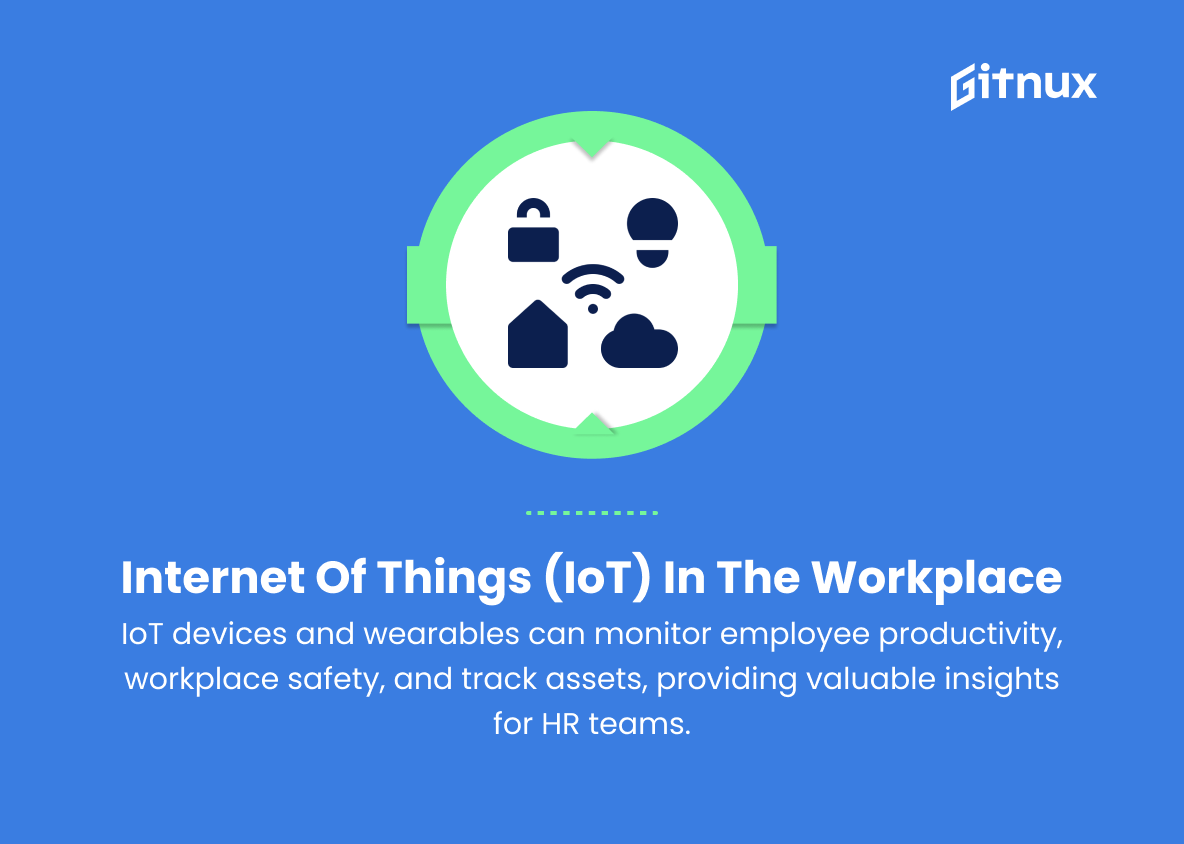In today’s rapidly evolving business landscape, organizations are continuously seeking innovative ways to streamline their operations, maximize employee engagement, and improve overall efficiency. At the forefront of this pursuit lies Human Resources (HR) technology: a booming industry that is revolutionizing how companies manage their most valuable asset-human capital. This blog post delves into the latest HR technology trends, highlighting the digital transformation’s profound impact on workforce management strategies and how HR departments can harness these advances for greater success.
Top Human Resources Technology Trends
1. Artificial Intelligence (AI) and Machine Learning
HR departments are increasingly using AI algorithms to automate repetitive tasks, such as candidate screening and interview scheduling.
2. Natural Language Processing (NLP)
NLP technology allows for better communication and understanding between HR managers and employees through chatbots, virtual assistants, and translation services.
3. People Analytics
Averaging large amounts of data from various sources helps HR teams gain insights into employee behaviour, predict future trends, and make data-driven decisions.
4. Remote Work Technologies
The rise in remote work has led to an increasing need for tools that support video conferencing, virtual collaboration, and remote employee onboarding and training.
5. Gamification
Gamification in HR involves using game elements, such as points, badges, and leaderboards, to improve employee engagement, motivation, and learning.
6. Blockchain Technology
Blockchain’s decentralized, secure, and transparent nature makes it a potential solution for HR processes such as employee verification, payroll, and benefits administration.
7. Virtual Reality (VR) and Augmented Reality (AR)
VR and AR technologies can enhance training and development programs, simulate real-life work situations, and facilitate virtual interviews.
8. Employee Wellness Platforms
Digital platforms focused on employee health, such as fitness and meditation apps, are becoming more popular to support both physical and mental well-being.
9. Continuous Performance Management
Real-time feedback and agile performance management are replacing traditional annual performance reviews, promoting ongoing employee development.
10. Talent Marketplace Platforms
Online platforms that connect skilled professionals with employers, helping companies find the best talent, while offering opportunities for employees to develop their careers.
11. Inclusion, Diversity, and Equity Technologies
Tools that help monitor and measure diversity and inclusion within organizations, enabling them to create more inclusive work environments.
12. Customized Learning Experiences
Personalized learning platforms adapting to individual learning styles, preferences, and goals, ensuring a more effective learning experience.
13. HR Automation
The automation of manual HR tasks, such as onboarding, time and attendance tracking, and benefits administration, increases efficiency and reduces human error.
14. Employee Experience Platforms
Digital platforms dedicated to improving various aspects of the employee journey, from recruitment to exit, by streamlining processes and enhancing communication.
15. Internet of Things (IoT) in the Workplace
IoT devices and wearables can monitor employee productivity, workplace safety, and track assets, providing valuable insights for HR teams.
16. Ethical AI
Ensures that AI applications across HR processes remain transparent, unbiased, and respect privacy, upholding ethical standards in technology deployment.
Implications
The future of human resources is being shaped by significant technological advancements, all designed to enhance organizational capabilities and employee experiences. The incorporation of AI and machine learning into HR processes streamlines routine tasks such as candidate screening, while natural language processing improves communication channels through chatbots and virtual assistants. Additionally, people analytics facilitates data-driven decisions, and remote work technologies support the growing demand for flexible working arrangements.
Gamification keeps employees engaged, and blockchain technology offers secured solutions for employee verification and payroll management. Virtual and augmented reality technologies enable immerse training experiences, while employee wellness platforms encourage overall well-being. Embracing continuous performance management allows for real-time feedback, and talent marketplace platforms broaden the pool for skilled professionals.
Inclusion, diversity, and equity technologies ensure fair representation, and customized learning experiences cater to individual goals. HR automation enhances efficiency across the board, while employee experience platforms provide a seamless journey from recruitment to exit. IoT devices in the workplace gather valuable insights related to productivity and safety, and ethical AI continues to be a focal point as these technologies are increasingly utilized. Collectively, these technology trends are paving the way for a more digitized, productive, and employee-centric HR landscape.
Conclusion
In a rapidly evolving business landscape, it is crucial for HR professionals to stay informed about the latest trends in human resources technology. By embracing AI-powered tools, levering the potentials of remote work, focusing on employee engagement, prioritizing data security, and exploring the world of virtual reality, organizations can effectively streamline their HR processes and foster a more productive and satisfied workforce.
It is only by being proactive and adaptive to these emerging trends that HR departments can successfully navigate the challenges of the digital age and position themselves as drivers of organizational growth and success. Ultimately, the strategic adoption and implementation of these innovative HR tech trends will determine the distinction between thriving businesses and those struggling to keep up in an increasingly competitive environment.
